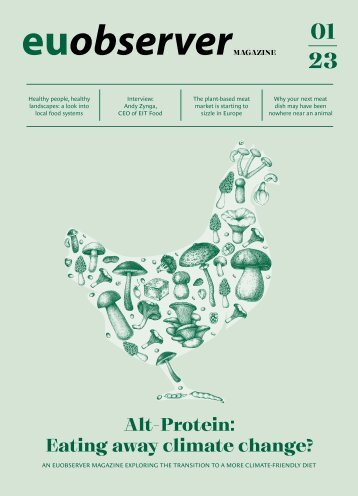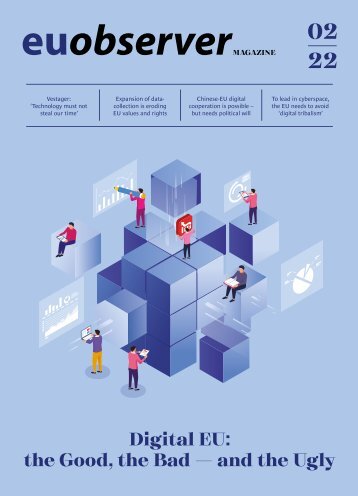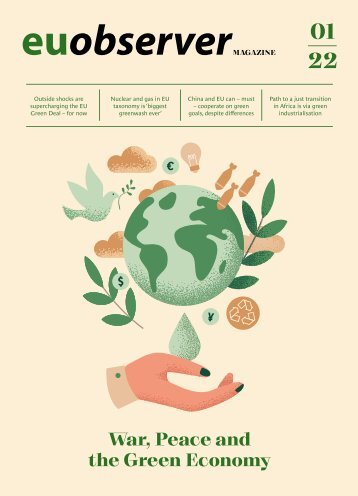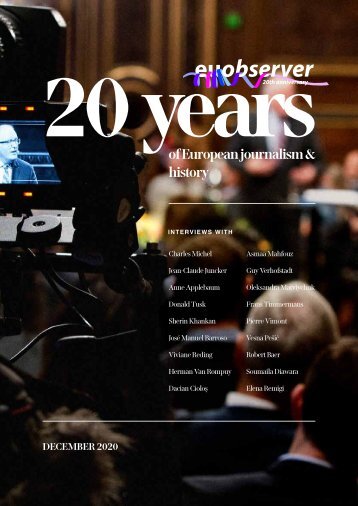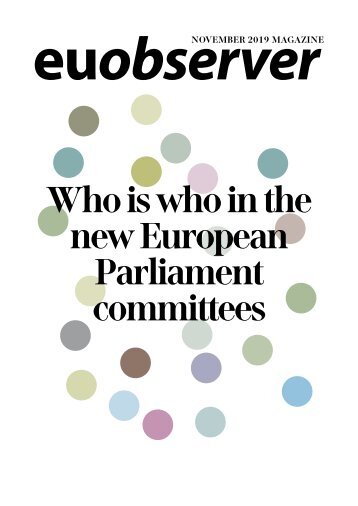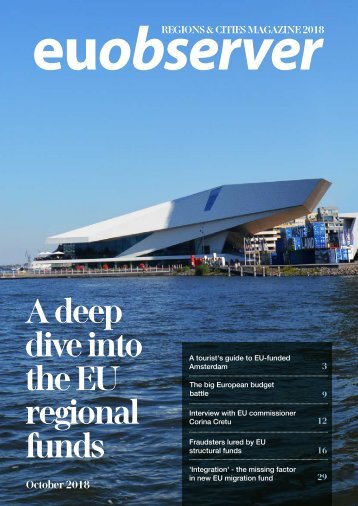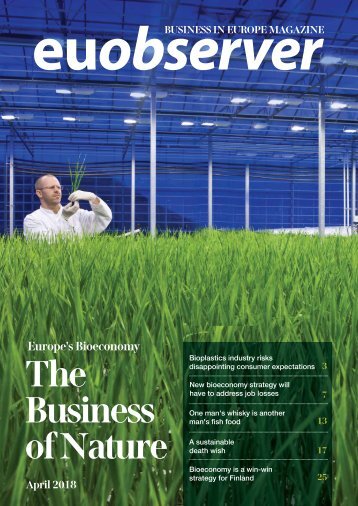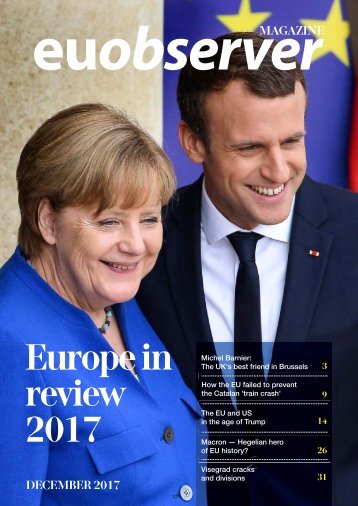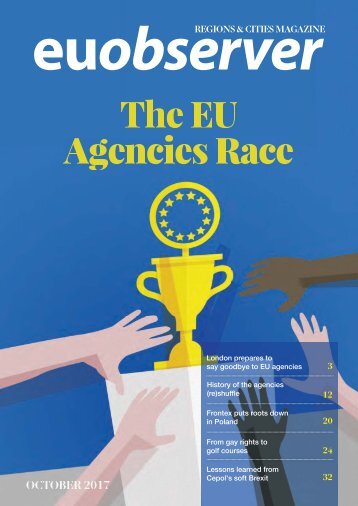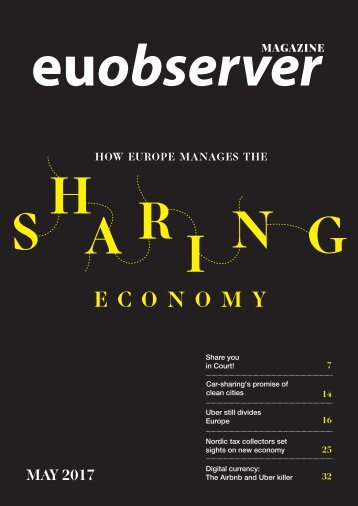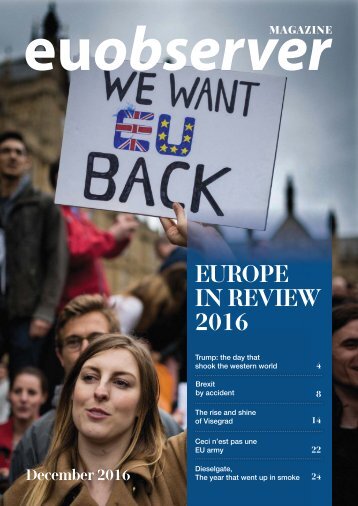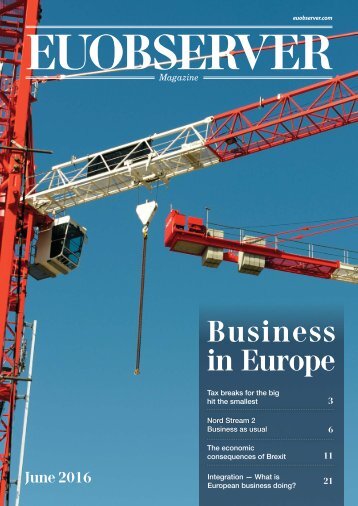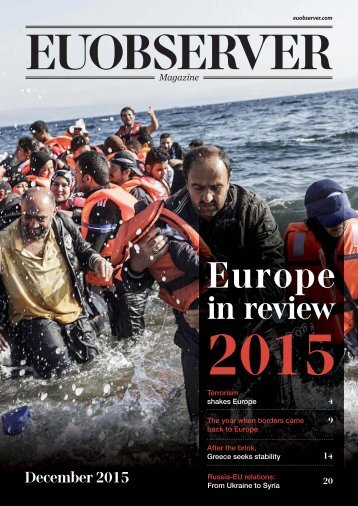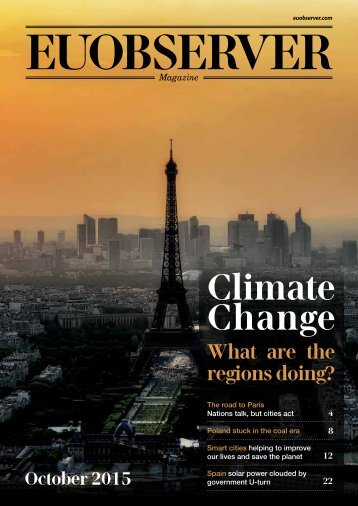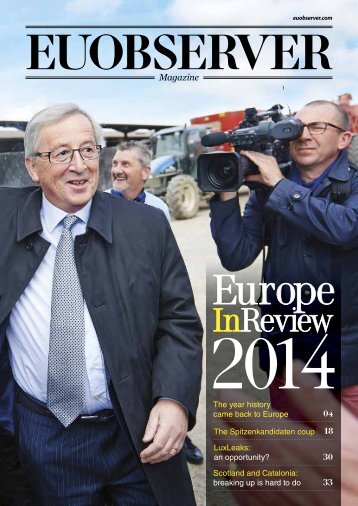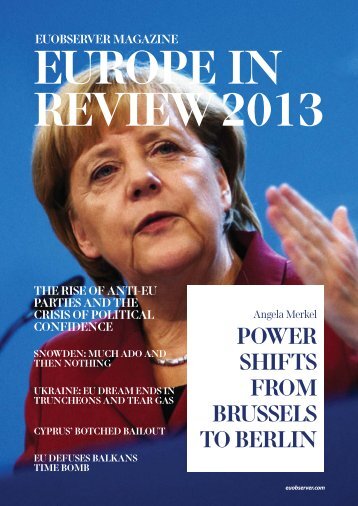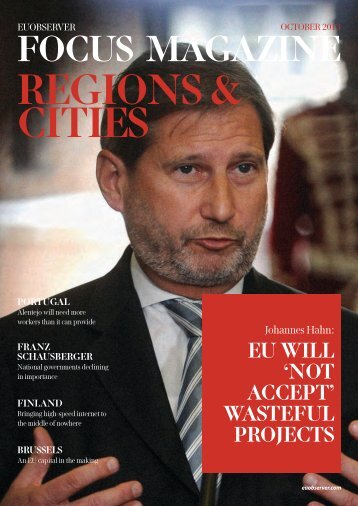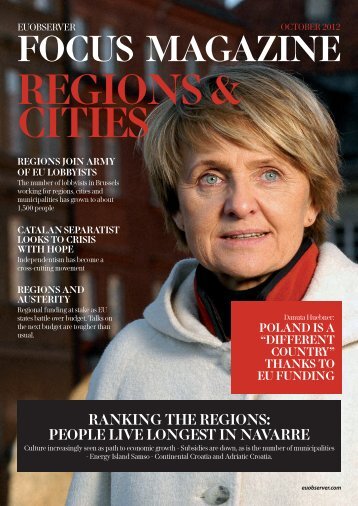Separatism: Making Europe stronger?
- Text
- Mir
- Efa
- Regions
- European
- Cities
- Regional
- Scotland
- Catalonia
- Economic
- Projects
- Referendum
- Scottish
advertisement e-SKILLS
advertisement e-SKILLS ARE AN ENGINE FOR GROWTH Despite stagnating economic growth and high unemployment rates, the demand for digital jobs in Europe is continuously growing. Researchers estimate that, in 2015, about 509,000 vacancies for digital jobs will not be filled due to lack of suitable candidates. And this figure may reach almost a million by 2020. “e-Skills for Jobs 2014” is a cross sector, multistakeholder pan-European campaign, promoted by the European Commission and the Grand Coalition for Digital Jobs. The campaign comprises hundreds of national and European events, concerted rallying of political and business leader support and widespread social media marketing and PR aiming at reaching more than 60 million people in Europe. Making young people aware of the link between having and maintaining digital skills and accessing jobs is essential to address the shortage of information and communication technology professionals. DIGITALEUROPE and European Schoolnet are running the campaign. More than 600 private sector companies, NGOs and government bodies across 30 European countries are engaged in “e-Skills for Jobs 2014”. facebook.com/eSkills4Jobs pinterest.com/eskills4jobs twitter.com/eskills4jobs instagram.com/eskills4jobs ESKILLS-WEEK.EC.EUROPA.EU
EU regional projects see ‘encouraging’ shift in focus after rules change As he finishes up his mandate as EU regional affairs commissioner, Johannes Hahn reckons his “legacy” is getting member states to spend money on the real economy rather than hulking infrastructure projects. By: Honor Mahony As he finishes up his mandate as EU regional affairs commissioner, Johannes Hahn says his “legacy” is getting member states to spend money on the real economy rather than hulking infrastructure projects. Under his watch, rules governing how regional aid money - running to €325 billion between 2014-2020 - is spent were given a shake-up to encourage projects in line with the EU’s long-term economic goals. Adopted in December, the new rules have already resulted in a big decrease in spending on traditional infrastructure - such as roads - and a leap in spending on green and ICT projects. “We see a clear shift from investment in infrastructure towards stimulation of the “real” economy,” Hahn told EUobserver, adding that this is “encouraging”. “I like to think [of this] as a legacy of my time as commissioner for this policy.” Analysis by late September of the plans of various regions has showed that there was a 22 percent rise in spending (to €125bn) on projects dedicated to research & development, innovation, ICT, small businesses, and low-carbon economy compared to the last budget cycle (2007-2013). Spending on transport and other major infrastructure has sunk by 21 pecent, to €60bn, while member states such as Belgium, Croatia, Italy, Portugal, and the UK have made helping small companies a priority. On energy security and green projects specifically, the chunk of aid money has more than doubled to €38 billion. RED TAPE ALSO IN THE MEMBER STATES Hahn notes that while the more stringent rules mean that getting spending programmes agreed is more timeconsuming, the “insistence” on focussing on what results will be achieved rather than just whether money will be spent is “very valuable”. “Member states will have to spell out what they want to achieve and by when, and be monitored whether those results are there,” he says. And while he admits that the rules are still complicated - or not simplified “as much as we might have wished” - leading to grumbling by some local authorities, he says member states themselves are just as much to blame. “Many layers of red tape come from member states themselves – what we call ‘gold-plating’, and it is too easy to blame this on the so-called ‘Brussels bureaucracy ‘.” On tying funds to good economic governance - a controversial innovation to the rules - Hahn said stopping EU aid because a member state is fiscally misbehaving would be a “last resort”, but underlines that “investments will deliver more in the context of budgetary discipline”. “We are not talking about punishment but rather about an incentive to maintain financial and budgetary discipline so that funds can deliver for citizens.” The Austrian politician, who is due to take over the European neighbourhood policy dossier from November, declines to give advice to his successor candidate, Romania’s Corina Cretu. But he does suggest that, in future, GDP - or how rich a region is - should not be the only criteria for determining whether it should qualify for EU money. “Other measures such as innovation performance could be taken into account,” he says, indicating that being a forward-looking region with clever ideas should be enough for a shot at EU aid. REGIONS & CITIES 2014 5
- Page 1 and 2: EUOBSERVER MAGAZINE OCTOBER 2014 RE
- Page 3: New EU regional aid rules have inbu
- Page 7 and 8: ALONIA BOOST EMENTS IN EUROPE are a
- Page 9 and 10: advertisement YES! Sí sí! Votarem
- Page 11 and 12: The police is investigating three m
- Page 13 and 14: est of the UK. Despite being the co
- Page 15 and 16: GLASGOW: Ahead on Roma inclusion Gl
- Page 17 and 18: advertisement European climate act
- Page 19 and 20: Civil Guard to go to the “rebelli
Inappropriate
Loading...
Mail this publication
Loading...
Embed
Loading...

